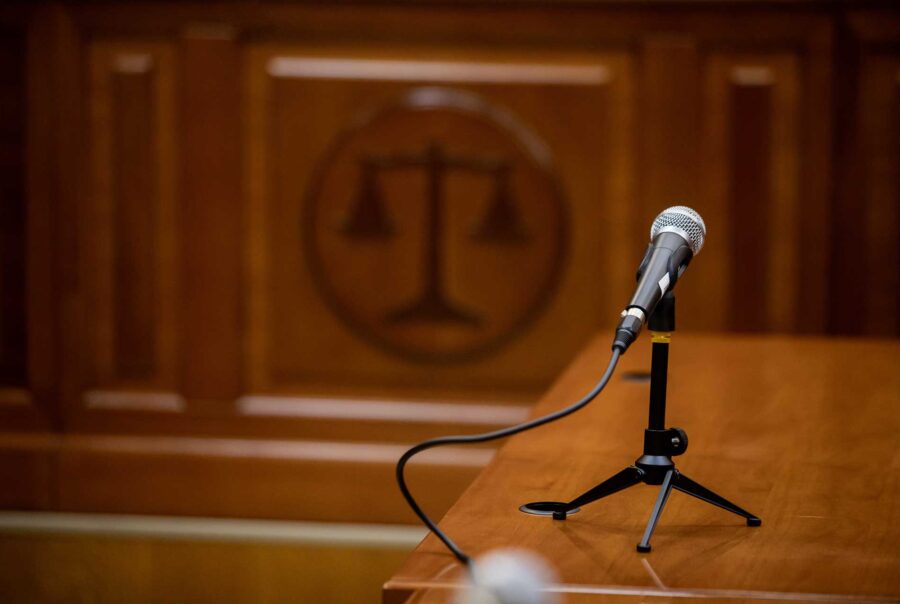Community Expert Testimony
Cheryl Watson
Cheryl Watson, a lifelong resident of the predominantly African-American Chicago neighborhood of Chatham that has become an urban heat island, testified as a community expert that utility policies contribute to and exacerbate cumulative burdens to disadvantaged communities and must be changed. She noted that “the intersectionality of energy transition, climate preparedness, and decarbonization of buildings are complex goals that we must meet.” Consumer stakeholders who can least afford the cost of energy transition should not be expected to also pay for the continuation of fossil fuel infrastructure and budget overruns.
The Illinois Commerce Commission and utilities should work together to agree on a methodology that better enables historically disenfranchised communities in urban and rural communities to get help that is commensurate with their level of need, said Watson. In addition, better accountability that monitors benefits in environmental justice communities and how they are moving toward fossil free energy will both help the quality of life in these historically disenfranchised communities and help the state meet its clean energy targets.
Watson emphasized that utilities need to be more holistic and community centered, planning with the community, not for them. Discussions about utility accountability and community benefits should include public health experts, housing agencies, community stakeholders, legislators, environmental experts and financial experts. The intersectionality of energy transition, climate preparedness, and decarbonization of buildings are complex goals that we must meet. Finally, community-centered programs should include workforce training and recruitment; programs like medical disconnection exemptions must take chronic health conditions into account. Programs must be structured to actually help customers and not just allow utilities to move forward with increasing profits regardless of community needs.




